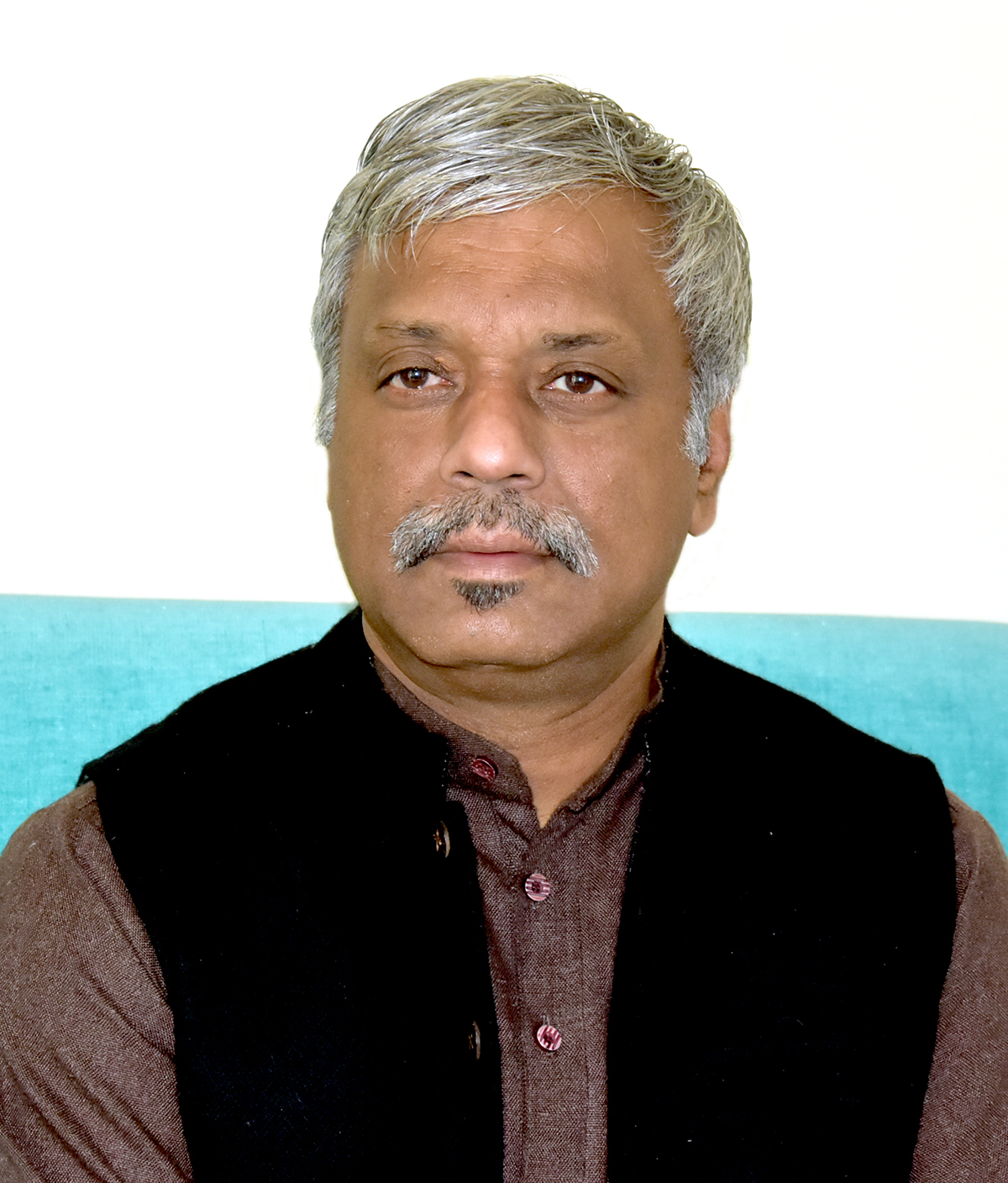तेल आयात को चाहिए और विकल्प
Research Fellow, Manohar Parrikar IDSA, Dr. Uttam Sinha’s opinion piece ‘Oil Import needs more options’ has been published in Hindi daily ‘Prabhat Khabar’ on December 4, 2020.
- Published: 4 December, 2020

Uttam Kumar Sinha is a leading scholar and commentator on transboundary rivers, climate change and the Arctic. He is currently Co-Chair of the Think-20 Task Force on ‘Accelerating SDGs: Exploring New Pathways to the 2030 Agenda’ during India’s G20 Presidency.
After a brief stint in the print media and a doctoral degree from Jawaharlal Nehru University, he joined the MP-IDSA in 2001, where he coordinates the Non-Traditional Security Centre and is the Managing Editor of Strategic Analysis published by Routledge, the institute’s flagship journal.
He is a recipient of many fellowships and leadership programmes including senior fellow at the Nehru Memorial Museum and Library (2018-2020); US-South Asia Leader Engagement Programme at the Harvard Kennedy School (2015); Chevening ‘Gurukul’ leadership at the London School of Economics and Political Science (2008) and a visiting fellow at the Peace Research Institute Oslo (2006).
His recently published work is Indus Basin Interrupted: A History of Territory and Politics from Alexander to Nehru (Penguin, 2021). His other works include the Riverine Neighbourhood: Hydro-politics in South Asia (Pentagon Press, 2016) and Climate Change Narratives: Reading the Arctic (2014).
His edited and co-edited volumes include Modi: Shaping a Global Order in Flux (Wisdom Tree, 2023); MODI 2.0: A Resolve To Secure India (Pentagon Press, 2021); The Modi Doctrine: New Paradigms in India’s Foreign Policy (Wisdom Tree, 2016); Non-Traditional Security Challenges in Asia: Approaches and Responses (Routledge, 2015); Arctic: Commerce, Governance and Policy (Routledge, 2015) and Emerging Strategic Trends in Asia (Pentagon Press, 2015).